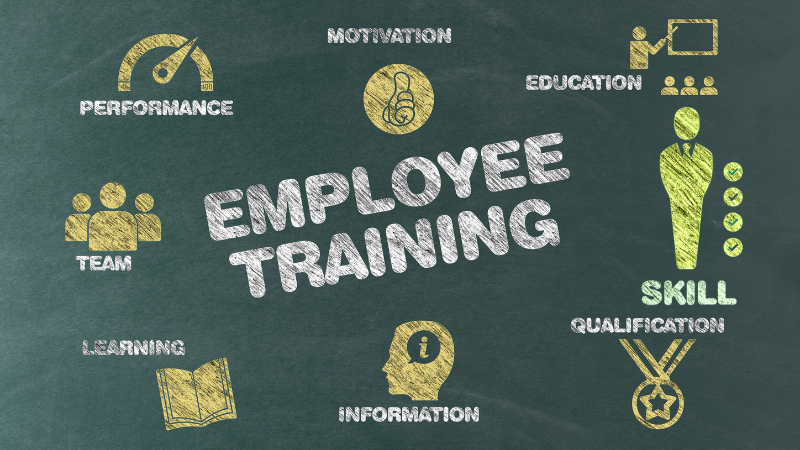The Rising Importance of Skills: How Skills are the new Currency for Professional Development
- Jul 4, 2024
- 3 min read
The world of work is undergoing a significant transformation. With technological advancements and shifting industry landscapes, employers are recognizing the importance of skills as the currency for worker development. Gone are the days of solely relying on degrees and certifications; today, it's about possessing the right skills to excel in a rapidly changing environment.

The Shift to Skills-Based Hiring
The traditional model of hiring based on academic qualifications and experience is giving way to a more skills-focused approach. Employers are recognizing that the skills an individual possesses are often more indicative of their ability to perform in a role than their formal education or previous job titles.
This shift is partly driven by the changing nature of work. With the rise of automation and artificial intelligence, many routine tasks are being automated, and the jobs of the future will require a different set of skills. These include problem-solving, critical thinking, creativity, and emotional intelligence - skills that are not necessarily taught in traditional education systems.

The growing role of Skills in Employee Development
Traditionally, employee development focused on formal education and training programs. However, with the pace of technological change, employers realized that skills were becoming obsolete quickly. To stay competitive, they needed to adapt and prioritize skills development and take a more active role in worker development. This shift has led to a skills-based approach, where employers invest in upskilling and reskilling programs that cater to specific business needs.
They are investing in training and development programs to equip their employees with the skills they need to succeed in the future of work.
Some companies are partnering with educational institutions to create customized training programs. Others are leveraging online learning platforms to provide their employees with access to a wide range of courses and certifications. These initiatives not only help employees develop the skills they need but also foster a culture of continuous learning within the organization.
Skills as the New Currency
With skills becoming the new currency, they are what employers look for when hiring and what employees need to advance in their careers. This shift is reflected in the growing popularity of skills-based hiring, where employers assess candidates based on their skills rather than their resumes.
This approach has several benefits. For employers, it allows them to find candidates who are a good fit for the role, regardless of their background or education. For employees, it provides an opportunity to showcase their abilities and potential, rather than being judged solely on their past experience or qualifications.
Measuring Skills: New Assessment Methods
Employers are seeking more effective ways to measure skills, moving beyond traditional methods like resumes and performance reviews. Some innovative approaches include:
Skills assessments and simulations
AI-powered skills analytics
Digital badges and micro-credentials
Peer reviews and feedback

Predicting Future Skills Needs
To stay ahead, employers must anticipate the skills required for tomorrow's challenges. This involves:
Analyzing industry trends and forecasts
Collaborating with education providers
Utilizing AI-powered skills forecasting tools
Encouraging continuous learning and experimentation
Filling Skills Gaps: Upskilling and Reskilling
Once skills gaps are identified, employers can develop targeted training programs to address them.
This might involve:
Online courses and MOOCs
Mentorship and coaching
Cross-functional training
Apprenticeships and on-the-job learning
The Future of Worker Development
The rising importance of skills is revolutionizing worker development. As skills become the new currency, employers will need to invest in training and development programs to equip their employees with the skills they need to succeed.
At the same time, employees will need to take ownership of their own development, continuously learning and upskilling to stay relevant in the changing world of work. This will require a shift in mindset, from viewing education as a one-time event to seeing it as a lifelong journey.
The emphasis on skills as the currency for worker development marks a significant shift in the way employers approach employee growth. By embracing this shift and investing in skills development, employers can ensure their workforce is equipped for the future of work. By adopting innovative assessment methods, filling skills gaps, and predicting future needs, companies can future-proof their workforce and thrive in an ever-changing landscape.
And for employees, skills are becoming the new currency, opening up new opportunities for career advancement and personal growth. No longer do they need to gain years of experience in a particular industry to be considered for good positions in that industry. If their skills fit the role, then that's what matters. The future of work is here, and it’s all about skills. Skills are the key to unlocking success, and employers and employees that prioritize them will reap the rewards.



Comments